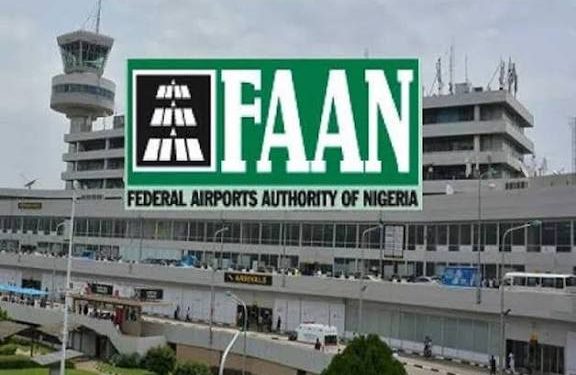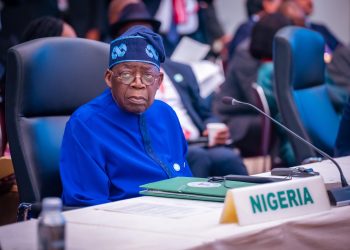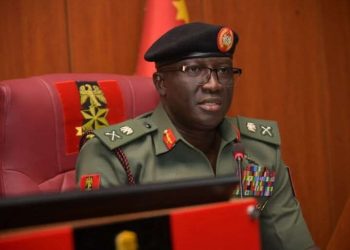The Caliphate Aviation Training Centre, in collaboration with the Federal Airports Authority of Nigeria (FAAN) has honoured late Alhaji Adamu Dankabo, late Alhaji Aminu Dantata and late Malam Aminu Kano with posthumous awards.
Others were; late Alhaji Sa’ad Sa’id, and the 9th Emir of Kano, late Alhaji Usman bin Abdullahi II, as Kano marked 100 years of the first aircraft landing in Nigeria.
The grand celebration and closing ceremony was organised by the Caliphate Aviation Training Centre, in collaboration with FAAN, to commemorate the centenary of the first aircraft landing in the country, held in Kano on Saturday.
The event, supported by key aviation agencies and stakeholders, brought together pioneers, veteran aviators, airlines, and government representatives to honour individuals and institutions that contributed to the development of Nigeria’s aviation industry.
Other awardees included; FAAN, the Nigerian Civil Aviation Authority (NCAA), the Nigerian Airspace Management Agency (NAMA), Max Air, Saudi Arabian Airlines, Bayero University Kano (BUK), and Dr Abdullahi Umar Ganduje, Chairman, Governing Board of FAAN among others.
Speaking at the event, the Head of Planning and Coordination for the anniversary, Mr Sa’ad Sa’id-Sa’ad, said the celebration aimed to recognise the historical significance of aviation in Nigeria and inspire the next generation of aviators.
He said Caliphate Aviation Training Centre, which organised the event, was certified by the NCAA and affiliated with the Nigerian College of Aviation Technology (NCAT), Zaria, and African Aerospace University, Abuja.
“We look at the aviation sector as one that, if properly harnessed, can provide thousands of jobs across the country. Kano, being where the first aircraft landed, has a unique place in aviation history,” Sa’id-Sa’ad said.
He added that the institution’s focus was on “training the next generation of aviators” through mentorship and capacity building, ensuring that Nigeria remains competitive in the global aviation sector.
Delivering a keynote address titled: “100 Years of Nigerian Aviation: The Legacy of the Nigerian Air Force”, Flying Officer A. A. Sokoya, traced the historical evolution of aviation in Nigeria.
He cited the establishment of the Nigerian Air Force in 1964 as part of the country’s quest for self-reliance in air defence and aerospace capability.
Sokoya highlighted the Air Force’s contributions to national security, including air mobility, maintenance engineering, humanitarian support, and research.
Freedomonline reports that the Nigerian Safety Investigation Bureau (NSIB) also made a presentation, reviewing major air incidents, including the Dana Air and Sosoliso crashes.
A representative of the Economic and Financial Crimes Commission (EFCC) spoke on money laundering risks and preventive measures within the aviation and travel sectors.
Freedomonline also reports that the event featured flight simulations by young aviators, exhibitions on aviation and a symbolic transition ceremony between veteran and young aviators, signifying the passing of the baton to the next generation.



























